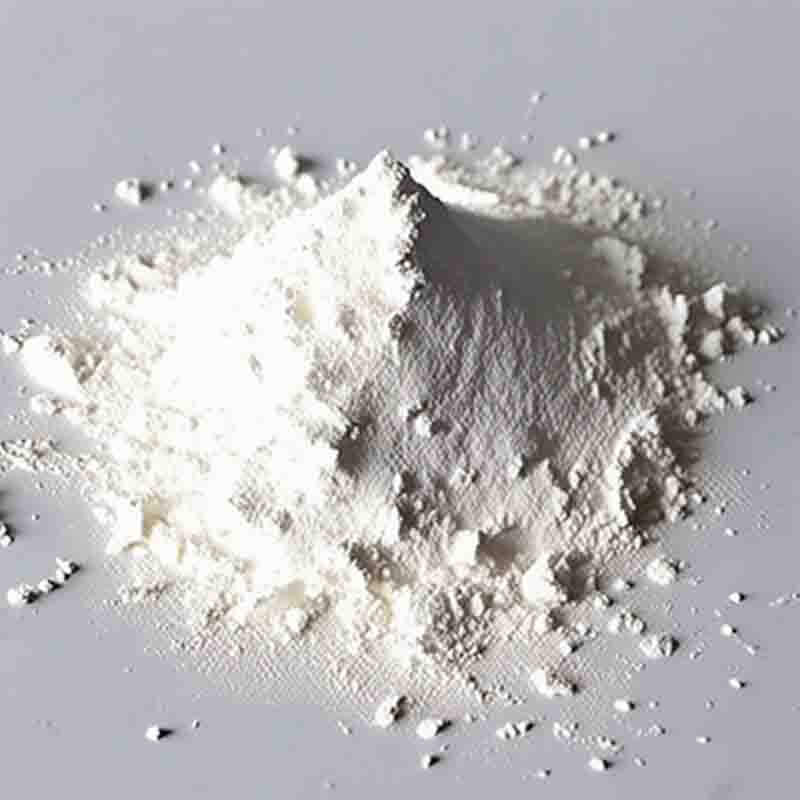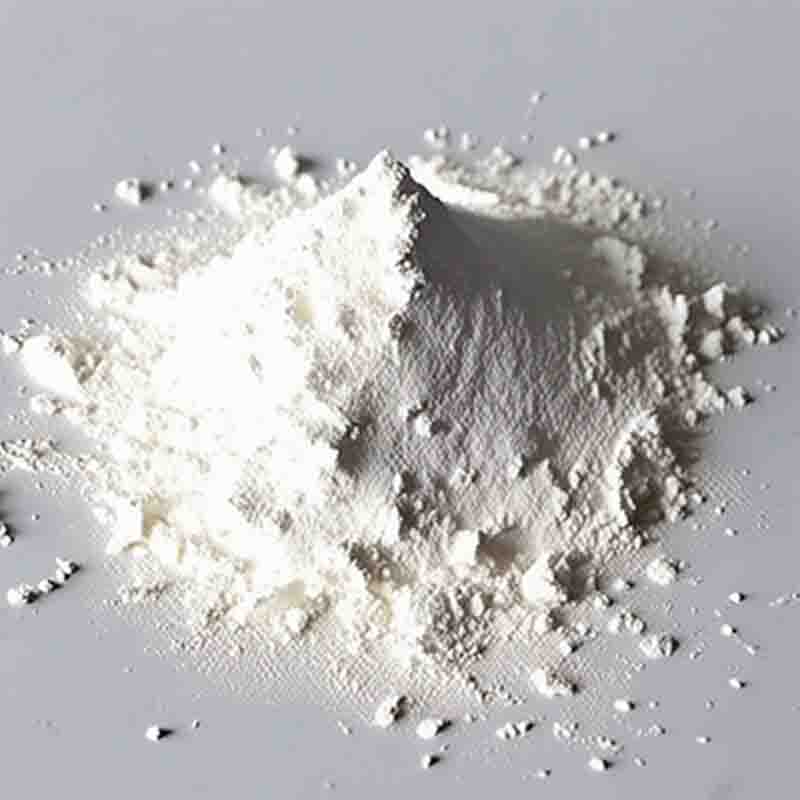4-Pyridinecarboxamide CAS:1453-82-3
| Catalog Number | XD95023 |
| Product Name | 4-Pyridinecarboxamide |
| CAS | 1453-82-3 |
| Molecular Formula | C6H6N2O |
| Molecular Weight | 122.12 |
| Storage Details | Ambient |
Product Specification
| Appearance | White powder |
| Assay | 99% min |
4-Pyridinecarboxamide, also known as nicotinamide or niacinamide, is a compound that belongs to the family of pyridinecarboxamides. It has various effects and applications in different fields. Let's explore the effects of 4-Pyridinecarboxamide in more detail.One significant effect of 4-Pyridinecarboxamide is its role as a precursor for the coenzyme nicotinamide adenine dinucleotide (NAD+) and its phosphorylated form, NADP+. These coenzymes play important roles in cellular energy metabolism, participating in various enzymatic reactions involved in the production of adenosine triphosphate (ATP), the energy currency of cells. By providing the necessary building blocks for NAD+ and NADP+ synthesis, 4-Pyridinecarboxamide supports cellular energy production and contributes to overall metabolic function.Moreover, 4-Pyridinecarboxamide has been identified for its antioxidant properties. It acts as a scavenger of free radicals, molecules that can cause oxidative damage to cells and tissues. By neutralizing free radicals, 4-Pyridinecarboxamide helps protect cells from oxidative stress and can potentially contribute to the prevention of various diseases associated with oxidative damage, such as cardiovascular disease and aging-related disorders.Additionally, 4-Pyridinecarboxamide has exhibited anti-inflammatory effects. It can inhibit the production of pro-inflammatory molecules, such as cytokines and chemokines, thereby reducing inflammation in the body. This anti-inflammatory activity makes 4-Pyridinecarboxamide a promising ingredient for skincare products, as it may help alleviate skin conditions such as acne, eczema, and rosacea.Furthermore, 4-Pyridinecarboxamide has been studied for its potential neuroprotective effects. It appears to have a positive impact on brain health by promoting neuronal survival and protecting against neurodegenerative diseases. Research suggests that 4-Pyridinecarboxamide may enhance cognitive function and memory, making it a potential therapeutic agent for neurodegenerative disorders like Alzheimer's disease.Additionally, 4-Pyridinecarboxamide has shown promise in the treatment of dermatological conditions. It can help improve skin barrier function, reduce hyperpigmentation, and increase collagen synthesis, leading to improvements in overall skin health and appearance. These properties have led to its inclusion in various skincare products, including creams, serums, and lotions.In conclusion, 4-Pyridinecarboxamide, or nicotinamide, exhibits various effects and applications in cellular metabolism, antioxidant activity, anti-inflammatory properties, neuroprotection, and dermatology. Its role as a precursor for important coenzymes and its therapeutic potential make it a valuable compound in different fields. Ongoing research and exploration of 4-Pyridinecarboxamide's properties will likely uncover further applications and benefits.


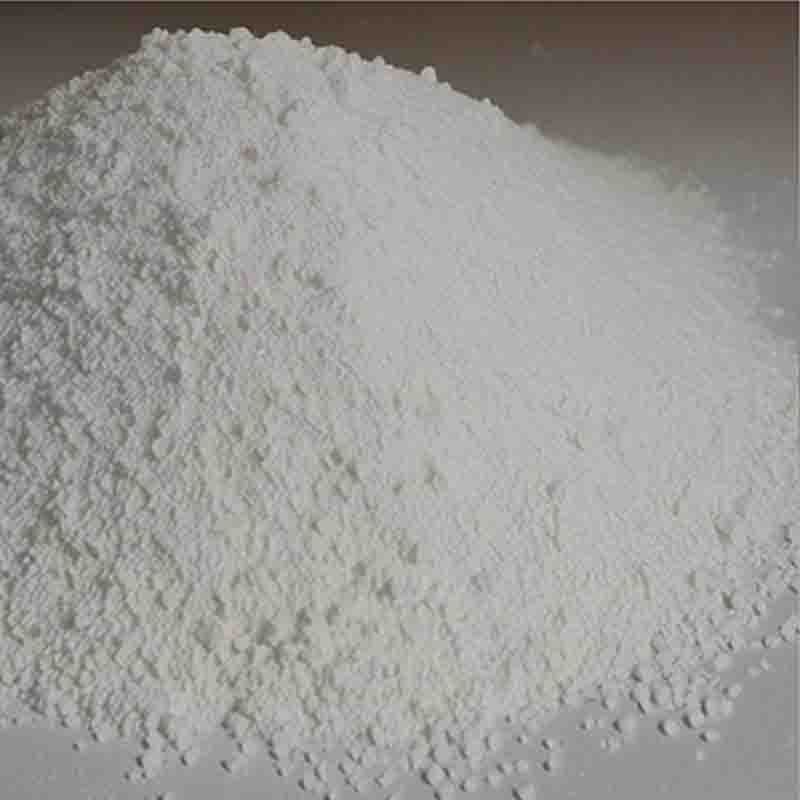

![6,8-dibromoimidazo[1,2-a]pyrazine CAS:63744-22-9](https://cdn.globalso.com/xdbiochems/白色粉末21788.jpg)
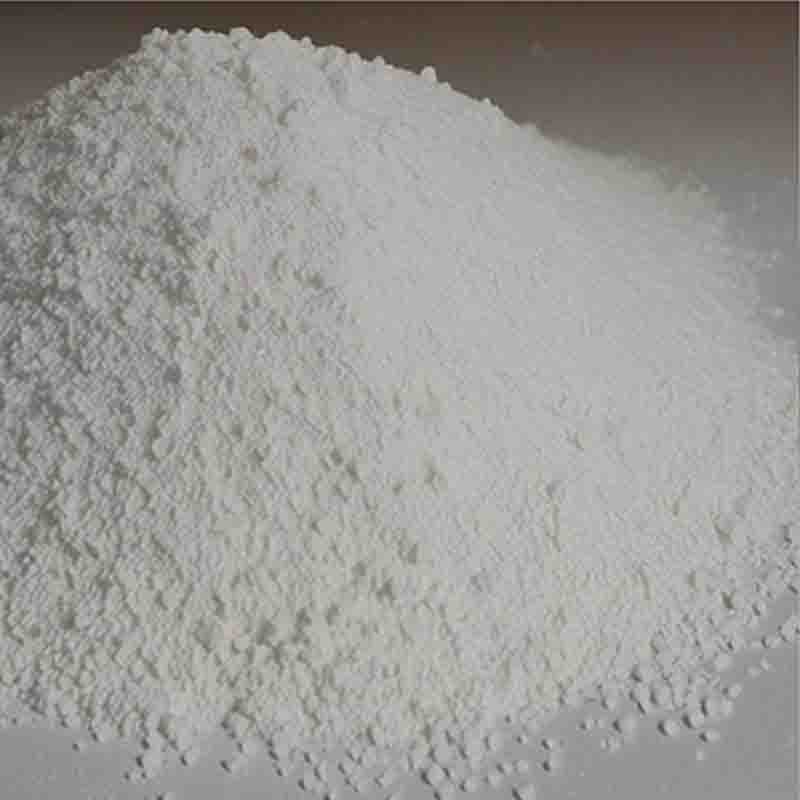
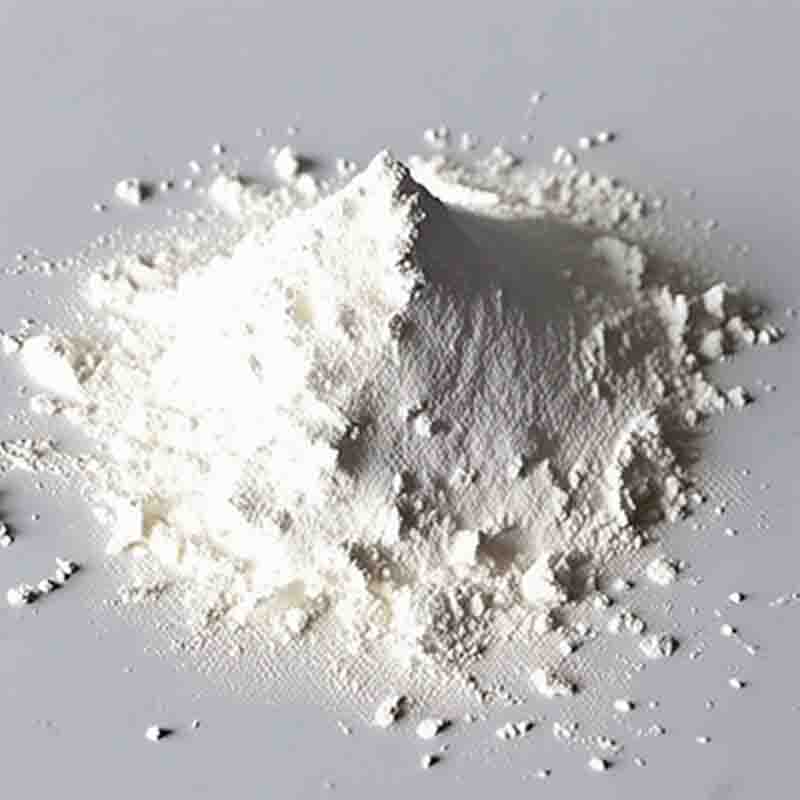
![6,6-Dimethyl-3-azabicyclo[3.1.0]hexane CAS: 943516-54-9](https://cdn.globalso.com/xdbiochems/白色粉末1124.jpg)
